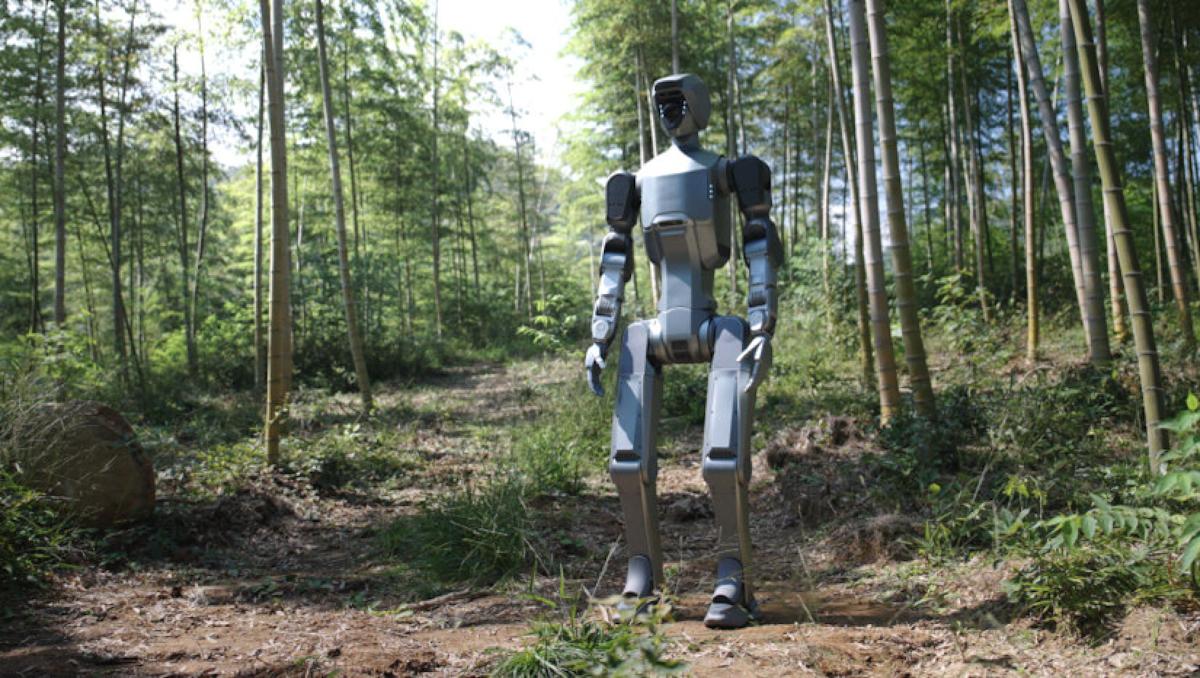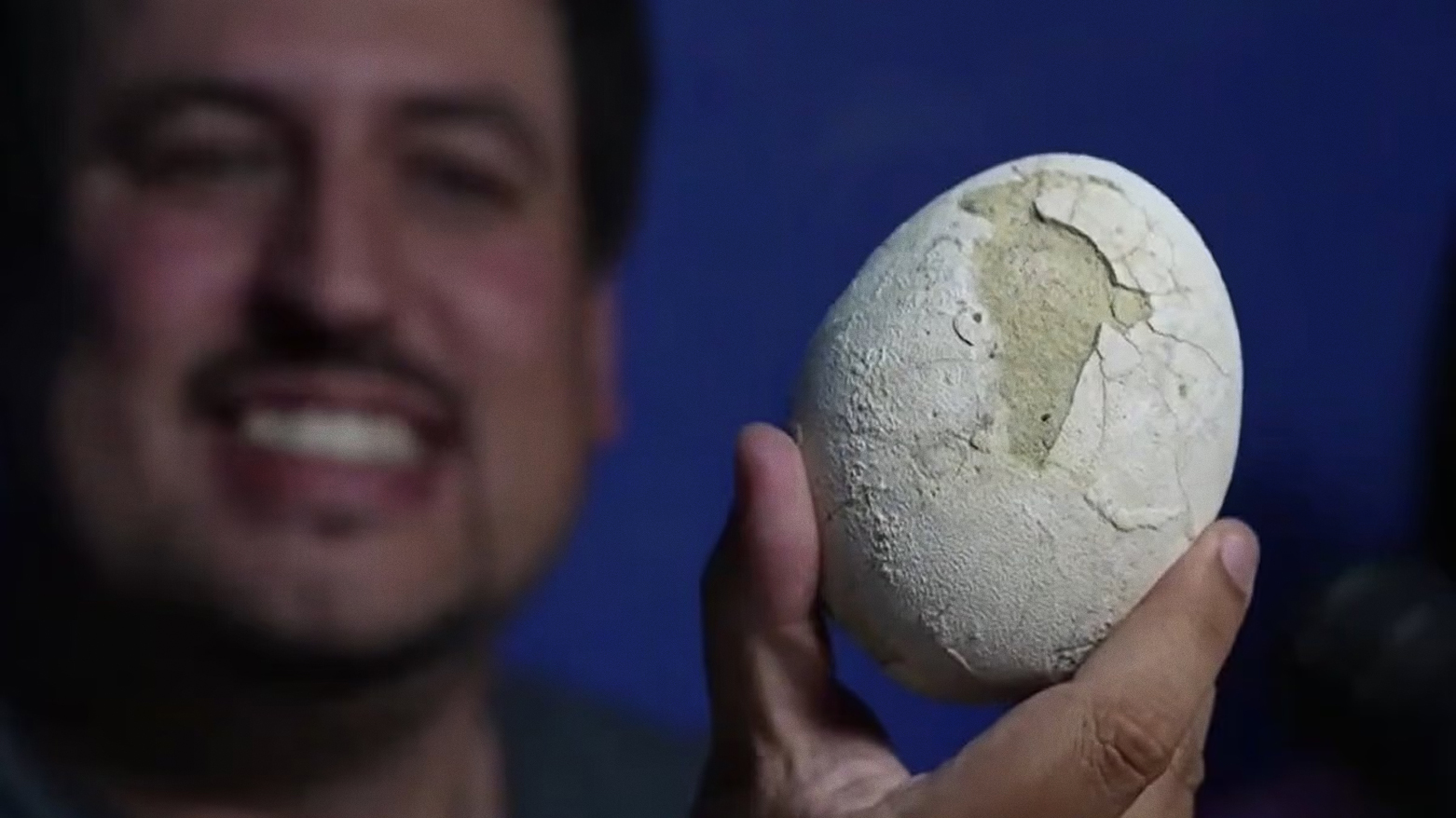Deep Robotics, a Hangzhou-based start-up, is facing a severe talent shortage, hindering its efforts to commercialise the results of its research and development, according to its chief technology officer (CTO).
Li Chao, who is also a co-founder of the robot maker, said at the Bund Summit Financial Forum in Shanghai on Friday that highly skilled professionals were very much needed to help Deep Robotics take its business forward.
He added that top talent in the algorithm area was in strong demand, which the company needed to fine-tune its humanoid robots to better serve clients.
Do you have questions about the biggest topics and trends from around the world? Get the answers with SCMP Knowledge, our new platform of curated content with explainers, FAQs, analyses and infographics brought to you by our award-winning team.
“Robots are [penetrating] every manufacturing sector,” Li said. “As a company, we must seize the opportunity to make our products not only usable but also reliable in some industrial scenarios.”
Deep Robotics has launched the DR02 industrial-grade robot capable of operating reliably under all weather conditions. Photo: Handout alt=Deep Robotics has launched the DR02 industrial-grade robot capable of operating reliably under all weather conditions. Photo: Handout>
Deep Robotics was founded by CEO Zhu Qiuguo in 2017, when he was an associate professor at Zhejiang University.
The company is part of an unofficial group of start-ups dubbed the “Six Little Dragons of Hangzhou”, alongside artificial intelligence developer DeepSeek, video game studio Game Science, brain-machine interface innovator BrainCo, 3D interior design software developer Manycore and robot maker Unitree Robotics.
The six firms are widely seen as future stars, boosting Beijing’s ambitions of building China into a global technology powerhouse.
DeepSeek’s breakthroughs in large-language models sparked a trillion-dollar global rout in Nvidia and US tech stocks in January. The firm’s two powerful AI models were built at a fraction of the cost and computing power used by foreign firms. But their performance proved to be on par with OpenAI’s GPT model.
“The ‘Little Dragons’ are the envy of the country’s tech industries and, technically, they can attract all kinds of talent because of their reputation,” said Ding Haifeng, a consultant at financial advisory firm Integrity in Shanghai. “Top start-ups are eager to accelerate the transition of their research into commercial applications. Consequently, they are actively chasing more qualified professionals to strengthen their overall capabilities.”






